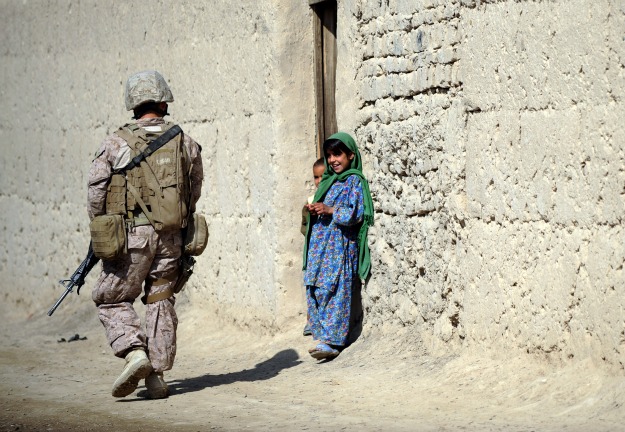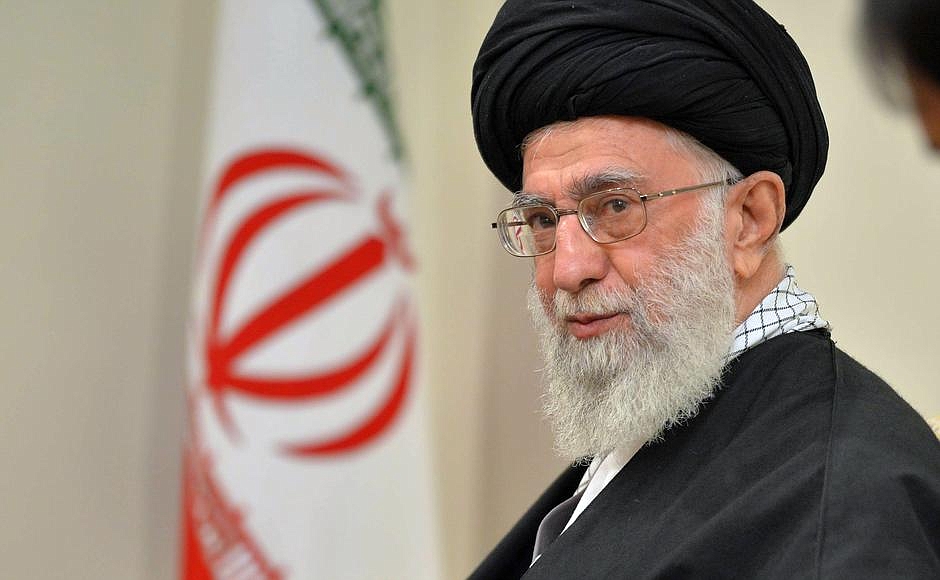Introduction
Canada and the United States have one of the world’s most important and complex bilateral relationships. Both countries were founding members of the North Atlantic Treaty Organization (NATO), which remains a testament to their shared view of common strategic security challenges each faced. These two neighbouring countries have also established long-standing economic, cultural, and diplomatic ties, but the events of September 11, 2001 (also known as 9/11), marked a historic turning point in their relationship. The terrorist attacks in the United States on 9/11 triggered a wave of change in the national security policies of both countries, causing Canada’s foreign policy to shift toward greater cooperation with the United States. Before 9/11, Canada-US relations were marked by close collaboration in numerous areas such as trade, tourism, and defence. Following 9/11, there was a marked increase in their collaboration across those three key areas, which impacted both countries’ relationship.
Canada’s Response to 9/11: Strengthening National Security and Critical Infrastructure
Canada significantly increased its spending on national security after 9/11 by allocating more resources to old and new federal security bureaucracies and civilian agencies such as the Canada Border Service Agency (CBSA), Canada Security Intelligence Service (CSIS), Royal Canadian Mounted Police (RCMP), Public Safety Canada, and the Department of National Defence (DND). This unprecedented escalation of spending amounted to $92 billion with the DND being the largest consumer ($21 billion in the 2011 fiscal year) of national security expenditures. From 2001 to 2011, military expenditures for the DND alone nearly doubled, increasing by 90% or 48% when adjusted for inflation, according to David McDonald’s “The Cost of 9/11.” To further illustrate, in late 2003, Public Safety Canada was established, mirroring a parallel restructuring in the United States Department of Homeland Security which was established in 2002 in the wake of the attacks. In the same year, the CBSA was also established. The primary goal of these entities was to improve the consolidation of intelligence and security functions within a unified framework to reduce the likelihood of similar events occurring in Canada in the aftermath of 9/11.
Bolstering Efforts to Safeguard Critical Infrastructure in Canada Following 9/11
The attack also underscored the vulnerability of critical infrastructure to terrorist threats, prompting Canada to acknowledge the necessity of bolstering efforts to safeguard critical infrastructure. As outlined in Canada’s 2022 National Strategy for Critical Infrastructure, emergency management of critical infrastructure will be addressed at the regional level, encompassing provinces, territories, and neighbouring American states. This entails heightened cooperation in key areas, including the ‘Canada-United States Action Plan for Critical Infrastructure’, border infrastructure, transportation security, and energy infrastructure protection. This builds upon the commitments in the Canada-US Action Plan for Critical Infrastructure which aims to establish a cross-border approach to enhancing critical infrastructure resiliency.
Collaboration between the two also extended to the global stage following 9/11. Canada was a key ally of the NATO coalition that supported the United States’ response as it conducted military operations in Afghanistan to overthrow the Taliban government and Al Qaeda camps, which ultimately led to the apprehension of Osama Bin Laden in 2011. Subsequently, Canada participated in the NATO-led and United Nations (UN)-mandated International Security Assistance Force (ISAF) in 2003, which aimed to establish conditions for the Afghan government to exert its authority across the country and enhance the capacity of the Afghan national security forces in combating international terrorism.
The Impact of the Trump Administration on US-Canada Relations.
However, during the Trump administration (2017-2021), the relationship between the US and Canada grew increasingly strained, especially across trade and security issues. President Trump frequently criticized Canada for not contributing enough to NATO and threatened to impose tariffs on Canadian steel and aluminum imports. For instance, in 2019, Canada’s NATO defence spending was only at 1.31% of GDP, which fell below the 2% of GDP that NATO defence ministers established as a minimum for their defence spending in 2006. In 2014, Canada pledged to increase its defence spending to 2% of its GDP by 2024, a deadline that Canada has yet to meet as its current defence spending only accounts for 1.32% of its GDP. Prime Minister Justin Trudeau has also privately admitted that Canada would never meet the military alliance’s defence spending targets. Canada’s notable resource allocation to security and its strong commitment to enhancing national security measures as of 2021 can be viewed as a reaction to this US pressure.
Conclusion
Canada has demonstrated a proactive approach towards enhancing its national security measures since 9/11, which has not only served the best interests of Canada but has also strengthened its alliance with the US. However, the US has expressed concerns over Canada’s limited defence spending, which falls short of its pledged targets for NATO. Therefore, the US and Canada should work together to ensure that Canada meets its defence spending commitments, and the news following President’s Biden recent visit to Ottawa, that the President and Prime Minister Trudeau have vowed to continue and strengthen their cooperation in trade, security and other areas, is a positive step in the right direction.
“President George W. Bush meets with Canadian Prime Minister Jean Chrétien” (2001), by Paul Morse via Wikimedia Commons. Public Domain.
Disclaimer: Any views or opinions expressed in articles are solely those of the authors and do not necessarily represent the views of the NATO Association of Canada.




